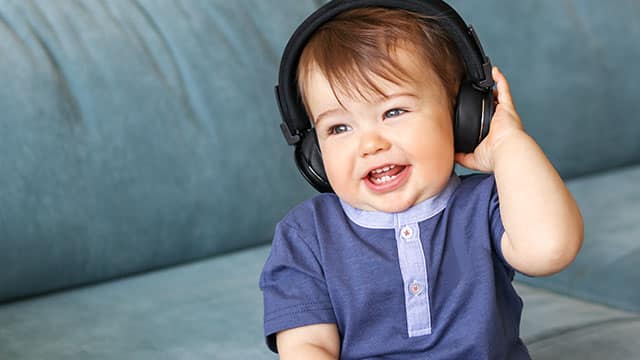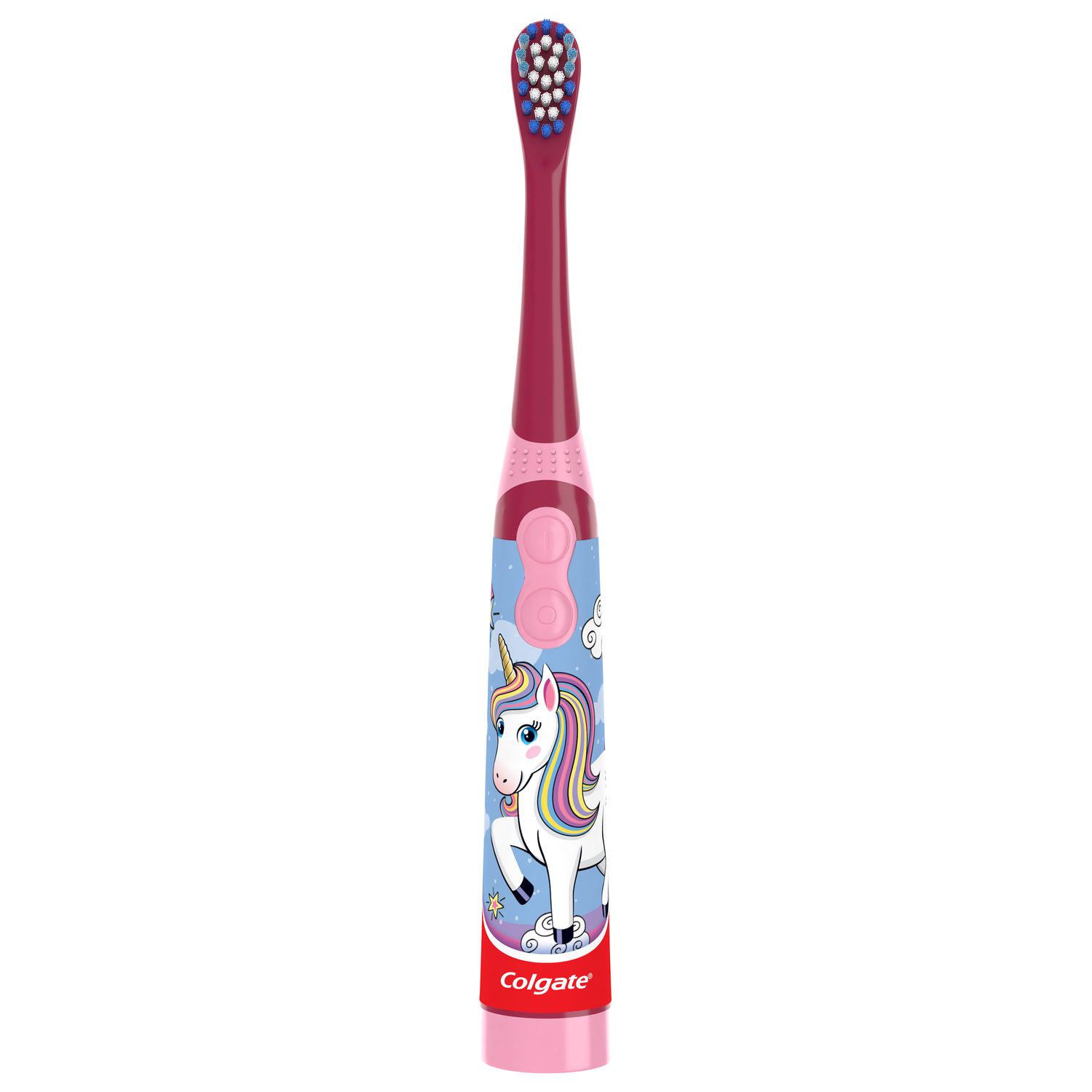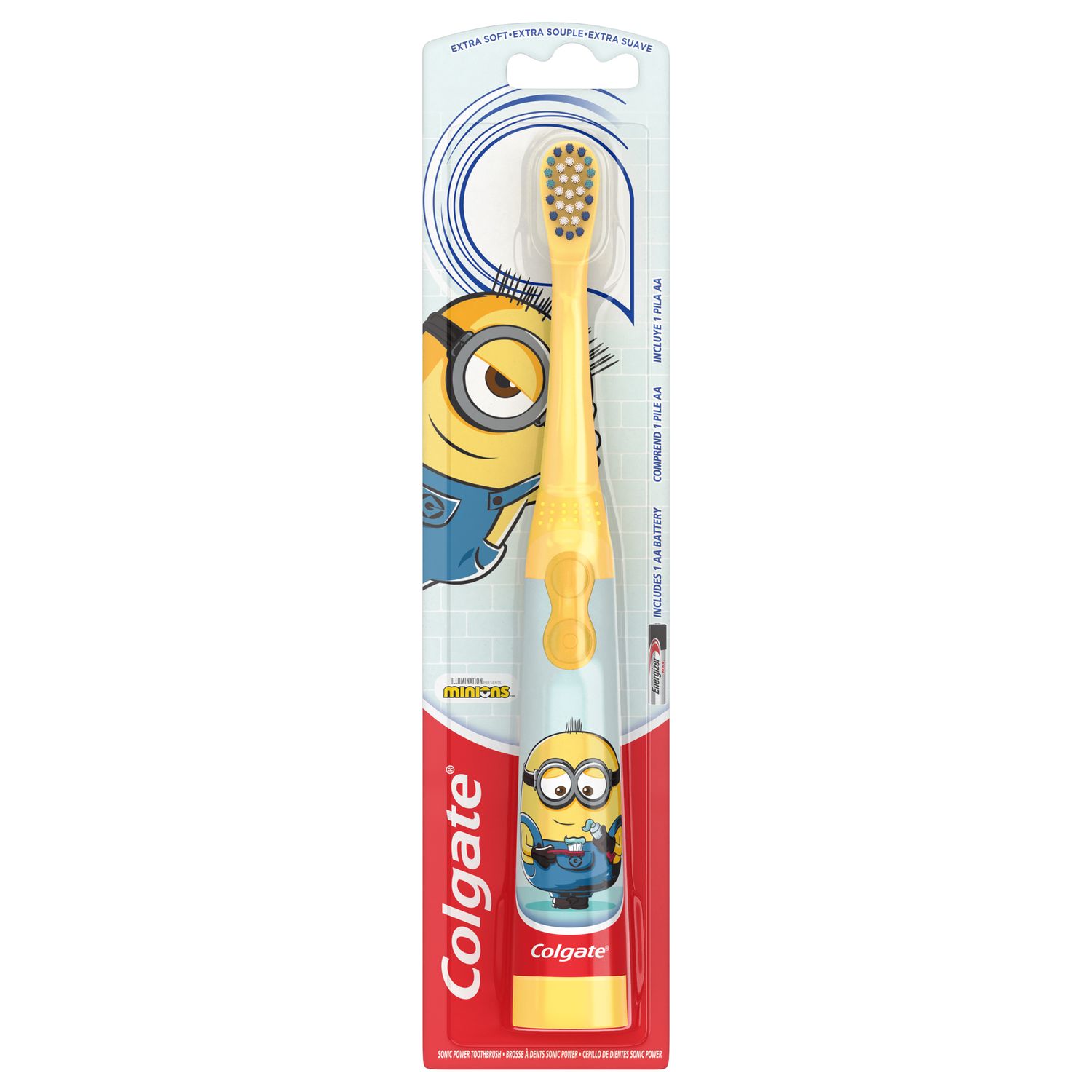-
-

FLUORIDE
What Is Stannous Fluoride Toothpaste?Discover what is Stannous Fluoride Toothpaste and its importance to prevent cavities and other oral health problems.

TEETH WHITENING
Whitening toothpaste - hydrogen peroxide vs. carbamide peroxideIf you lose one or more of your front teeth due to injury or decay, you may feel ...
-
Science & InnovationOral Health Commitment
- Oral Health Commitment
- Bright Smiles, Bright Futures
- Educational Resources
- Mobile Dental Van
- Volunteer
- ORAL HEALTH CHECK
- PRODUCT MATCH
- Oral Health and Dental Care | Colgate®
- Oral Health
- Do Baby Teeth Have Roots?


Your baby is growing before your eyes. They're starting to giggle. They're starting to recognize you. And they're starting to teethe. With teething comes, you guessed it, teeth. And that means that proper oral care for their teeth and gums is now on your checklist. It also means that you should know how baby teeth grow and transition to adult teeth. The more you understand your baby's oral health, the better you can care for it. It's not rocket science. It's dental care. Well — baby dental care for now.
Anatomy of Baby Teeth
While they aren't permanent, baby teeth are important. They're smaller, and there's less of them, but they have the same structure as adult teeth. All of their baby teeth are already in their oral cavity, just waiting to erupt. And they help your little one break down solid foods as well as aid with speaking, whenever that may be. Like permanent adult teeth, baby teeth are susceptible to tooth decay, as noted by the American Academy of Pediatrics (AAP). The acid in milk and sugary juice isn't exactly the right play partner for your baby. Thus, the sooner you start an oral hygiene routine with your baby, the better their oral health will be.
Do Baby Teeth Have Roots?
Yes, baby teeth have roots, just like adult teeth. They're under the gums with the teeth waiting to burst onto the scene. Once the teeth erupt, the roots hold on to the jawbone. You should expect to start seeing their pearly whites around 6 months of age. There are 20 baby teeth and 32 adult teeth. Then when they turn around 6 or 7, those baby teeth will start to fall out to naturally make room for their adult counterpart. And when the adult teeth erupt, their roots will also cling to the jawbone.
Caring for Baby Teeth
A proper oral care routine will help you and your baby get into the habit early. The AAP has some recommendations and tips for keeping your baby's teeth happy and healthy:
- Take good care of your oral care while pregnant
- Implement an oral hygiene routine as early as possible for your baby's gums and teeth
- Don't give your baby a bottle or food in bed
- Avoid using a bottle as a pacifier
- Be sure the water your child drinks contains fluoride
- Have your child drink from a regular cup as soon as possible
- Make sure they drink water when thirsty
- Regulate the sweet and sticky foods in your child's diet
- Ideally, refrain from giving your child juice until they're 1-year old
- Have your child see your dentist before they turn 1
As soon as your child's baby teeth start to make their presence known, it's time to take action. Beginning their oral care routine early, maintaining a healthy diet, and relying on good parental sense will go a long way in your child's oral health. And that will always be at the root of the matter.
Oral Care Center articles are reviewed by an oral health medical professional. This information is for educational purposes only. This content is not intended to be a substitute for professional medical advice, diagnosis or treatment. Always seek the advice of your dentist, physician or other qualified healthcare provider.
Related Articles

Kids oral care
Tiny TeethElevate your child's oral care routine with expert tips tailored for tiny teeth. Get essential tips to ensure your child's dental health from Colgate.

Kids oral care
Two Teeth-Shaped Treat Recipes For Fun and EducationJoin the fun of baking teeth cookies with your family, a delightful activity that highlights the importance of dental hygiene tools and techniques.

Kids oral care
How to Smile for School Pictures: Give Them the Perfect SmileOne of the most important elements in taking good school pictures has to be the smile. Children will feel more comfortable… Read more at Colgate.com

Kids oral care
Surprising Oral Health Facts About ChildrenAs a parent, you do your best to educate yourself on the issues facing your kids. It's hard to keep up, but oral health facts can help you plan ahead.
Related Products

The Colgate Kids Unicorn Battery Toothbrush provides a great clean made fun.

The Colgate Kids Minions Battery Toothbrush provides a great clean made fun.

My First® Toothbrush from Colgate® is designed for children age 2 and younger, with extra soft bristles for a gentle and effective clean. Try it today!

The Colgate Kids Battery Powered Minecraft Toothbrush is a kids battery toothbrush that provides fun toothbrushing to keep children’s teeth clean and sweep away plaque.

Helping dental professionals
More professionals across the world trust Colgate. Find resources, products, and information to give your patients a healthier future




